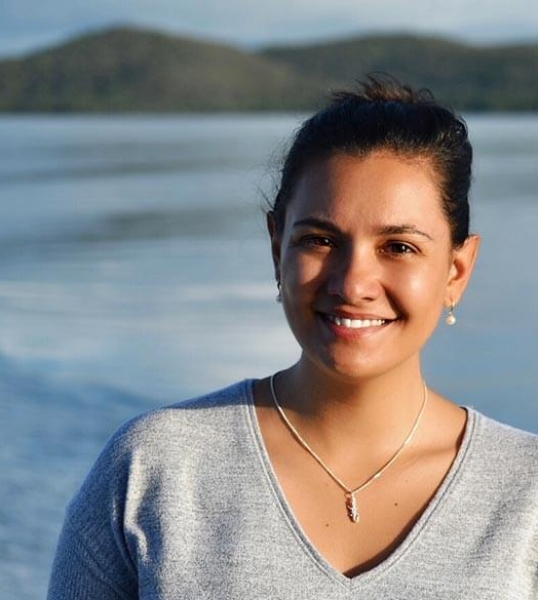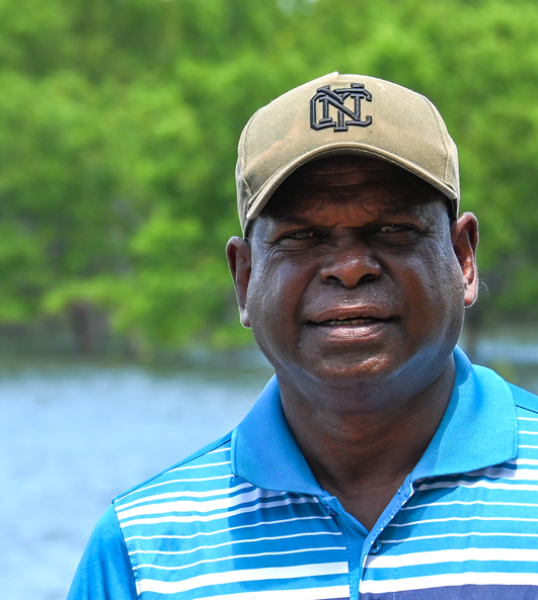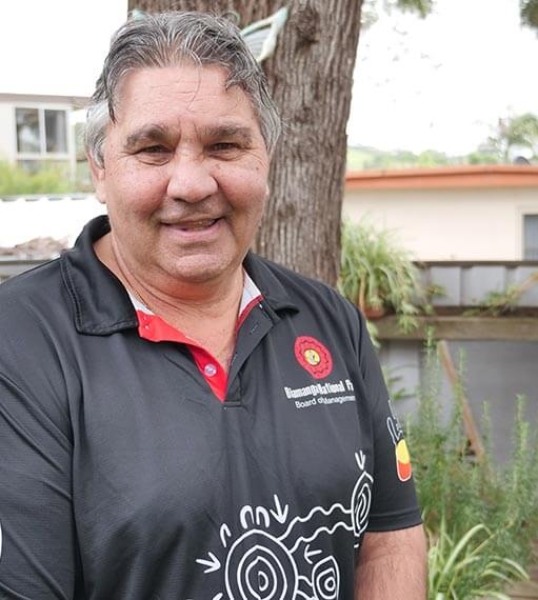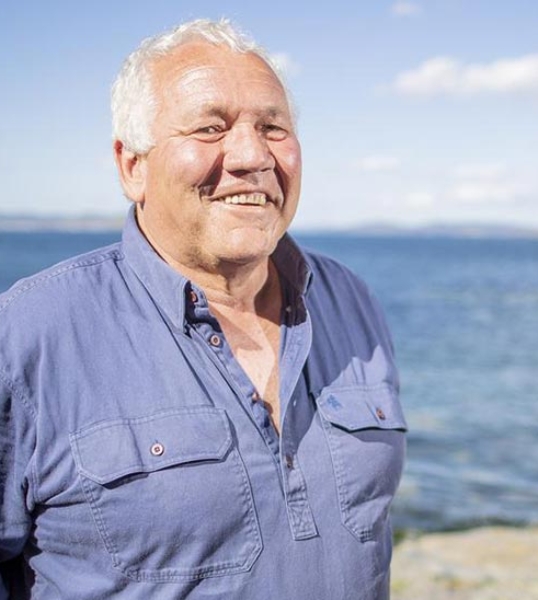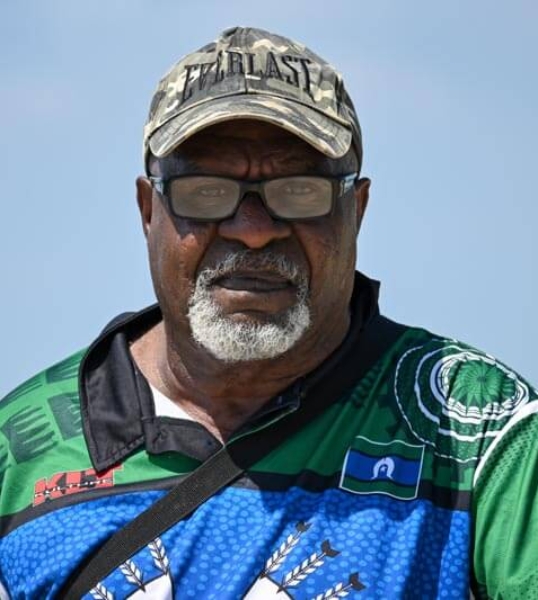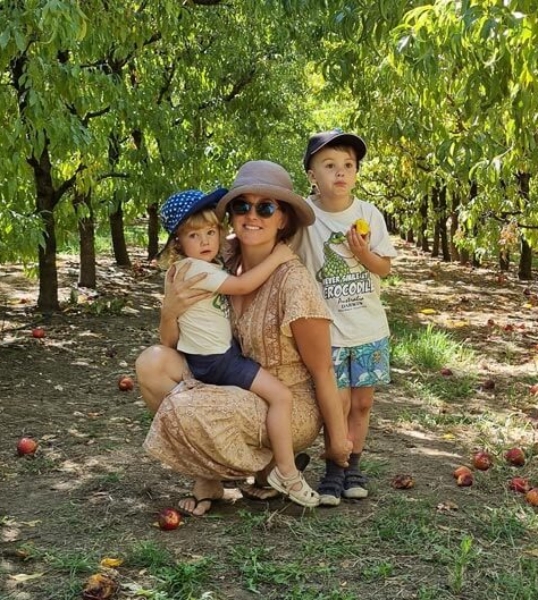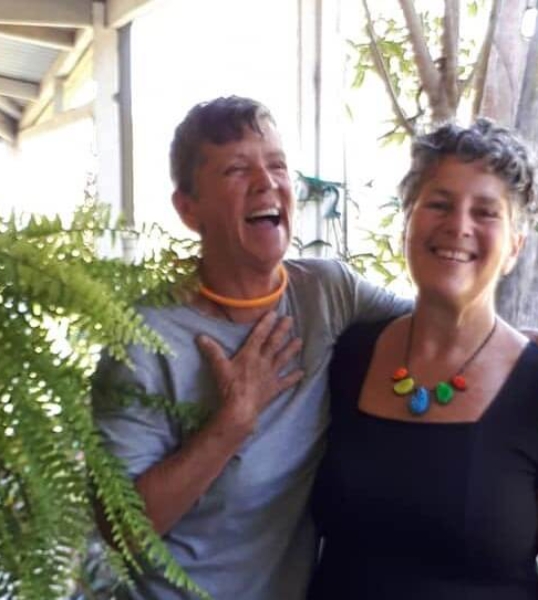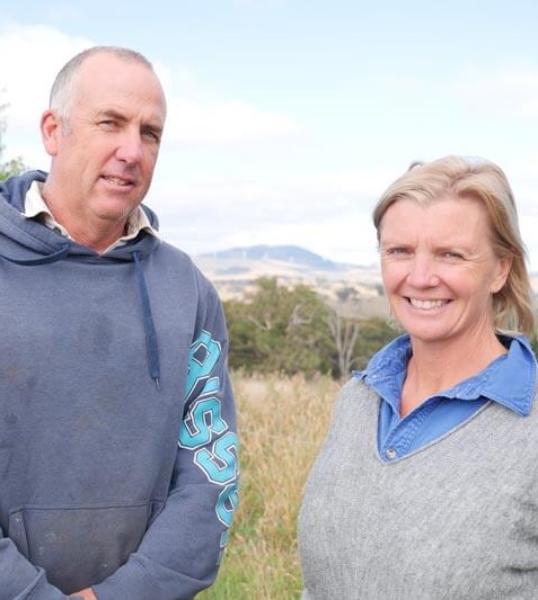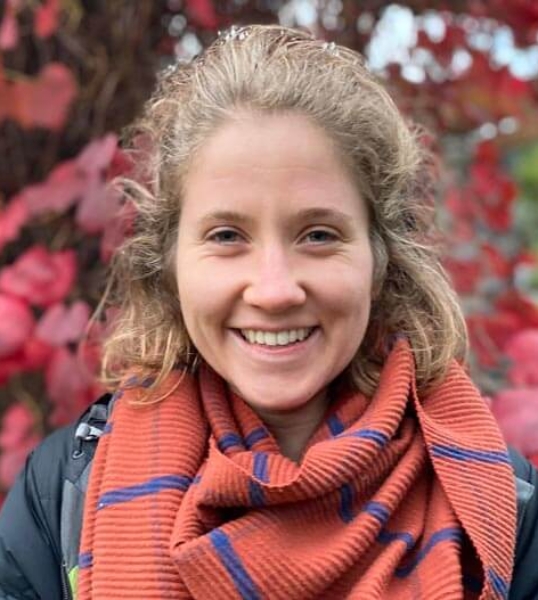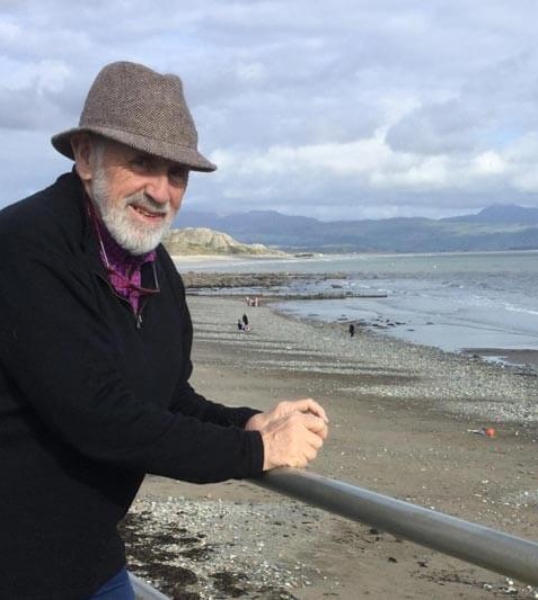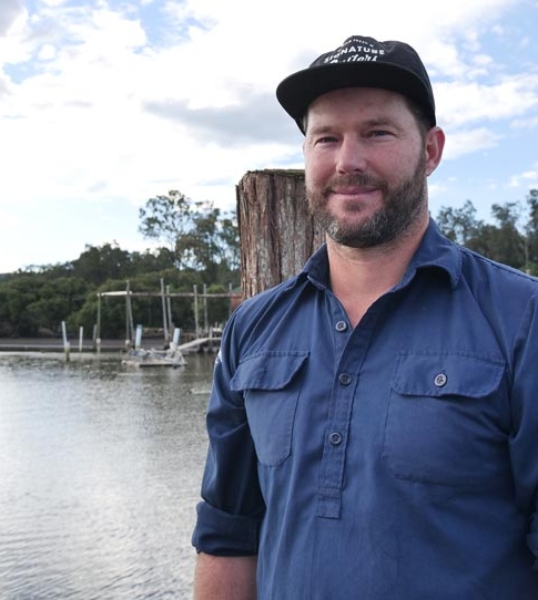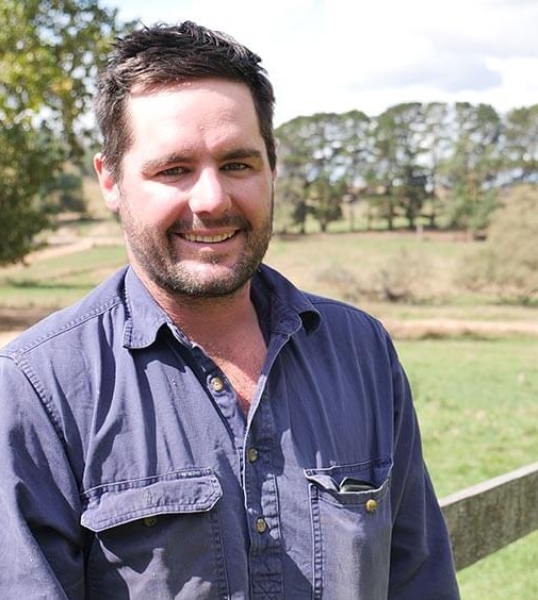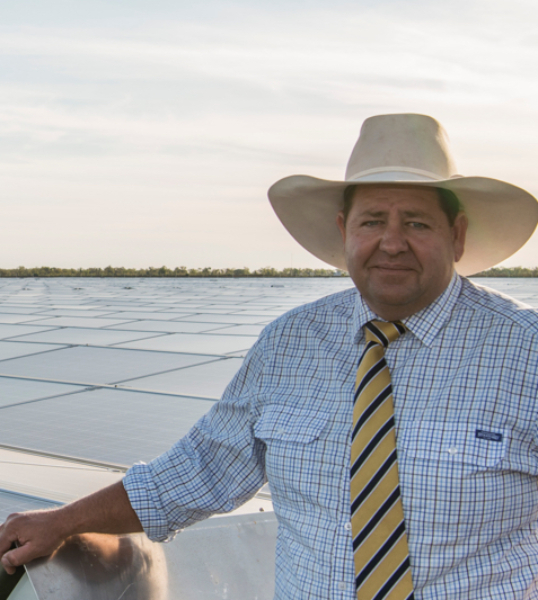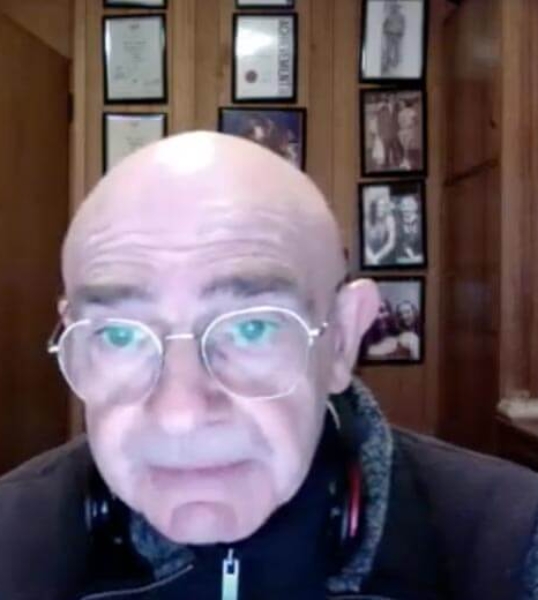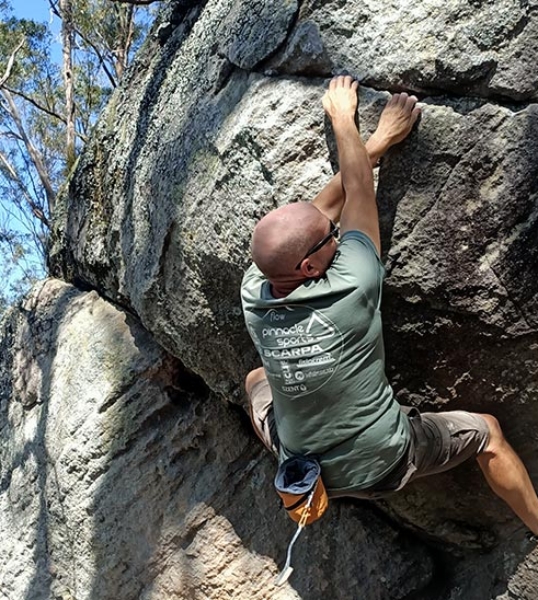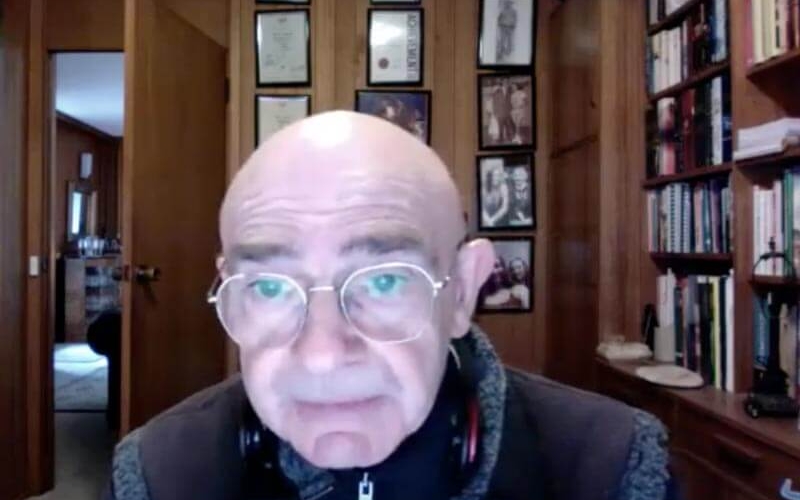
The smoke was choking and it was a horrible experience. It’s like smoking cigarettes – but much worse – when you’re caught up in a bushfire like that.
Canberra, ACT
My name is Mingku. My Anglo name is Shane Mortimer. I’m a Ngambri Elder – the Ngambri are the people that Canberra’s name is derived from. In my work I espouse changes to ecology and our ecological approach when it comes to climate change and rising sea levels.
During the last bushfires I was living on a lovely property in the middle of acres of bushland. I was within a kilometer of the fire going past the property I was living on. The smoke was choking and it was a horrible experience. It’s like smoking cigarettes – but much worse – when you’re caught up in a bushfire like that. It’s one of the reasons I came into Canberra. It was too close a call and I don’t want to be exposed to that again. It was too much so it was time to come back into town.
After the fires there was a major impact on the mental health of a lot of people. I have a double degree in applied psychology and so I deal with a lot of people in that regard. The fire and the close proximity for many people caused a lot of problems.
But it’s not the first time Canberra has had smoky fires close by. We lost many houses here just a few years ago. I know a couple who lost their business out on Mount Stromlo and they also lost their home. They were so shocked by the experience that they moved to Japan. The trauma from that sort of experience is incredible.
The terraforming of the landscape on a very broad scale has been a catastrophic change here. There is now less than one percent of unaltered native grassland in this country. Farming has been a huge part of that. Monocultures like cotton and wheat are part of the issue. Grazing is a big problem too.
When you look at Canberra, the bush capital, there were never trees here. It was a big grassland plain. Some of the hills were sparsely treed but it was very well managed. The customary methods of management of using fire as a mechanism to farm have been completely overlooked. The properties of our grasses have been completely overlooked because people want wheat or rice.
We have to start to look at better ways of primary industry and more ecological methods of farming. Our native grasses need to be restored. This is an immediate action we could take to start regenerating and storing carbon. It’s not that difficult to do. Regenerating the perennial grasses that have provenance in their environment will also create more employment than Australia has unemployed. We have a really good opportunity to set an example for the rest of the world.
Hundreds of people from across the country are sharing their stories to send a clear message to the Australian government - it's time for real action on climate change.
Every story appears as a point on this map. Click around to read how climate change is affecting our communities, and add your own story to the map.
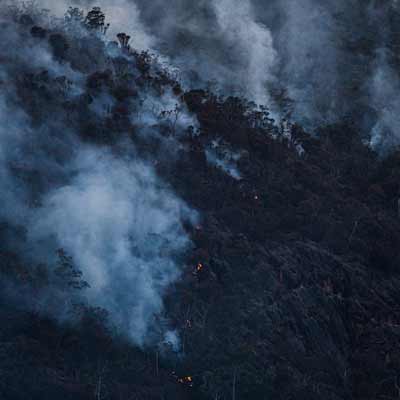
Just today I was reading of a drastic increase in wildfires in Michigan, in the middle of the continent.
Read my storyPeople all across Australia are being harmed by climate change. These are some of their stories.
